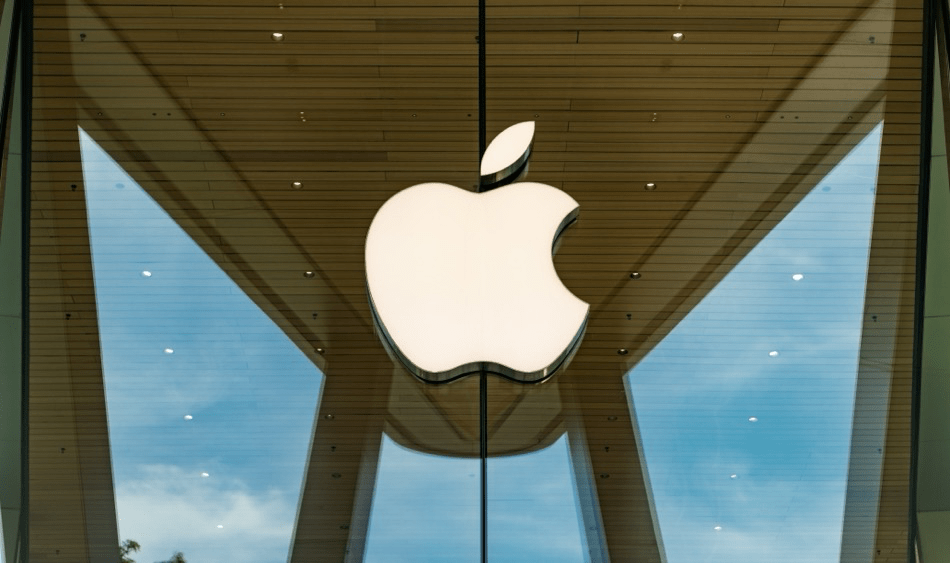
A confidential order from the U.K. government reportedly requires Apple to provide unrestricted access to encrypted iCloud backups worldwide, a move that, if implemented, would significantly weaken the company's privacy protections.
According to an exclusive report by The Washington Post, the order was issued under the country's sweeping surveillance law, the Investigatory Powers Act of 2016.
Apple pressed to implement backdoor
The directive, delivered last month, demands that Apple enable British security agencies to decrypt any user's cloud-stored content rather than assist in specific investigations. This unprecedented requirement in a major democracy is seen as a major setback for technology firms that have long resisted becoming tools for government surveillance. Sources familiar with the matter, who spoke anonymously due to legal sensitivities, indicated that Apple is likely to remove encrypted iCloud storage from the U.K. rather than compromise security worldwide. However, this would not satisfy the U.K.'s demand for global backdoor access.
Apple has been served with a technical capability notice—a legally binding demand that compels companies to assist law enforcement in accessing encrypted data. The Investigatory Powers Act, often criticized as the Snoopers' Charter, makes it a criminal offense to disclose such orders. Apple can appeal the demand to a secret technical panel and later to a judge, but the law does not allow the company to delay compliance during the appeal process.
Apple introduced end-to-end encrypted cloud storage, branded as Advanced Data Protection, in 2022, allowing users to store data that even Apple itself cannot decrypt. The move enhanced security against hacking and government access but faced resistance from law enforcement, particularly in the U.S. and U.K., where agencies argue that encryption enables criminal activity to go undetected.
The British Home Office has neither confirmed nor denied the existence of the order, stating it does not comment on operational matters. CyberInsider has also reached out to Apple for comment and is awaiting a statement.
If Apple complies with the U.K.'s order, it could set a precedent for other countries, including China, to demand similar access, possibly prompting the company to withdraw the encryption feature globally rather than create vulnerabilities exploitable by authoritarian regimes. The debate over privacy and government access to encrypted communications has been ongoing for years, with tech firms arguing that any backdoor introduced for law enforcement could also be exploited by malicious actors.
Apple, which has made privacy a cornerstone of its brand, has previously resisted similar demands, but whether it will maintain the same stance or succumb to state-level pressure remains to be seen.







Leave a Reply